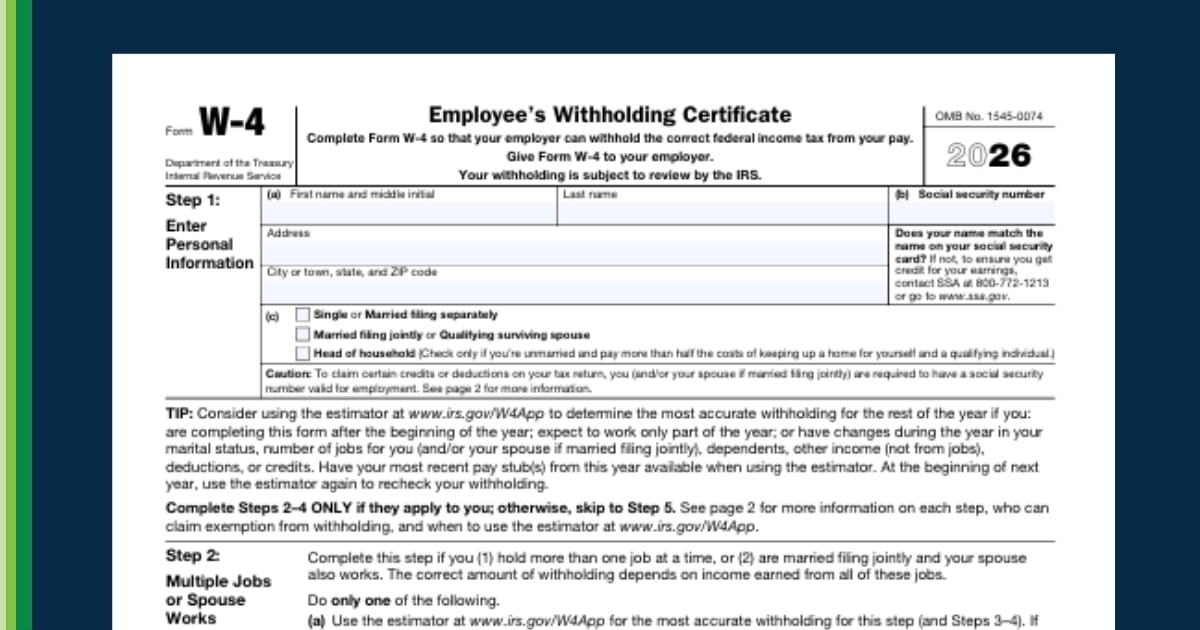The Vaccine Mandate and the Greenshades Solution
“The Occupational Safety and Health Administration (OSHA) has issued an emergency temporary standard (ETS) to minimize the risk of COVID-19 transmission in the workplace. The ETS establishes binding requirements to protect unvaccinated employees of large employers (100 or more employees) from the risk of contracting COVID-19 in the workplace” (OSHA, 2021).
Some Common Questions
Who does this mandate apply to?
According to the Emergency Temporary Standard (ETS), employers with 100 or more employees, or “covered employers”.
Do I have to require my employees to get vaccinated?
Yes, employers with 100 or more employees must require their employees to get vaccinated by January 4th, 2022, or if their employees wish to remain unvaccinated, the unvaccinated employees must be able to produce a negative test at least once a week.
Does it matter which vaccine my employees receive?
No, as long as the employee is fully vaccinated by January 4th, 2022; the employee can choose between a 2-dose vaccine from Moderna or Pfizer, or a 1-dose vaccine from Johnson & Johnson.
What if my employee wants to remain unvaccinated?
If your employee wants to remain unvaccinated, they must provide a negative test on a weekly basis. Employers are not required by the ETS to pay or provide for tests; however, you may be required to pay for testing because of state or local laws or regulations regarding COVID-19 in the workplace.
Employers that are affected by the mandate must also make sure that all unvaccinated employees wear a face mask while at work.
What if I have less than 100 employees before January 4th, and then onboard new hires and have more than 100?
For example, if you as an employer have 95 employees on January 4th, 2021, you don’t have to comply with the ETS. But on February 1st, if you hire a few people and now you have 100 employees, the mandate now applies to you, and you start that day. It’s not just as of January 4th that it will apply to you, if at any point you hit 100 employees throughout the course of the six-month temporary standard, the mandate will apply to you.
What if we lose employees after January 4th, and we now have less than 100 employees?
If it applies to you on January 4th, then it stays applied to you.
Do employers have to give employees time off for vaccinations?
Yes. All employers affected by the ETS are required to give paid-time off for their employees to get vaccinated, and if needed, sick-time off due to illness associated with the potential side effects of receiving the vaccine.
What other requirements are there for the ETS?
For any information regarding compliance or additional requirements, please visit the additional resources below.
What about the new vaccination requirements for healthcare workers?
For any information regarding compliance for healthcare workers regarding vaccination, please visit the additional resources below.
The Greenshades Solution
How can Greenshades help me manage the requirements of the ETS?
The Greenshades employee self-service platform now includes functionality that allows users to track expiration dates for certifications, licenses, and vaccinations.
Can I track vaccinations through Greenshades?
Yes, through our new certification management modules.
What about if my employee declines vaccination, will need to collect weekly negative COVID tests?
Yes, testing can be tracked and collected as well. You can either enter testing details yourself or collect these from the employee through the employee self-service product.
How do I keep my employees notified of their testing and/or vaccination expiry?
You can set up automated text messages or emails to notify your employees of their incomplete vaccination action status and/or test results, as well as notify them around their tests/vaccinations renewals.
What about my remote workforce?
What about my remote workforce?























